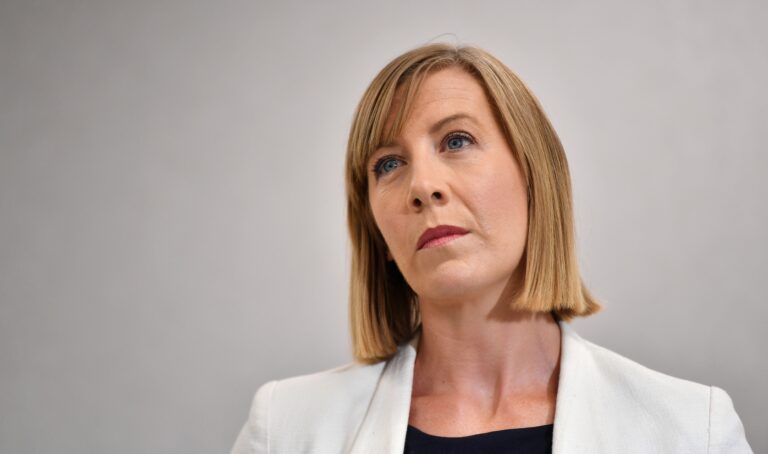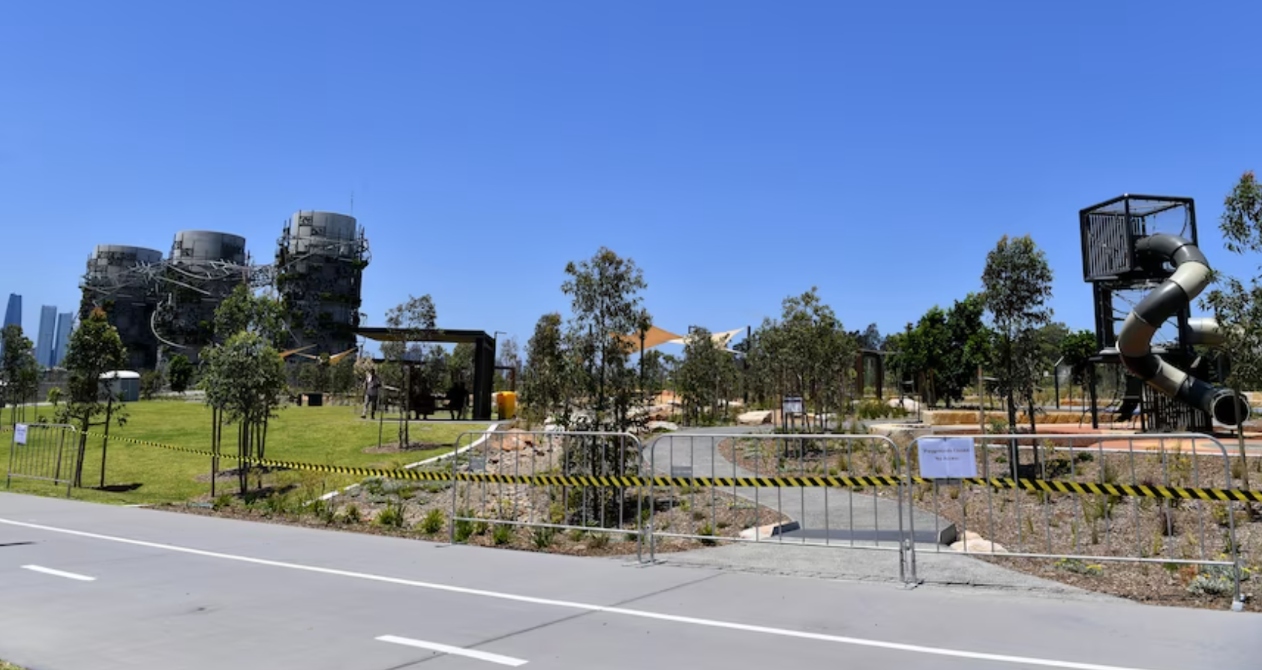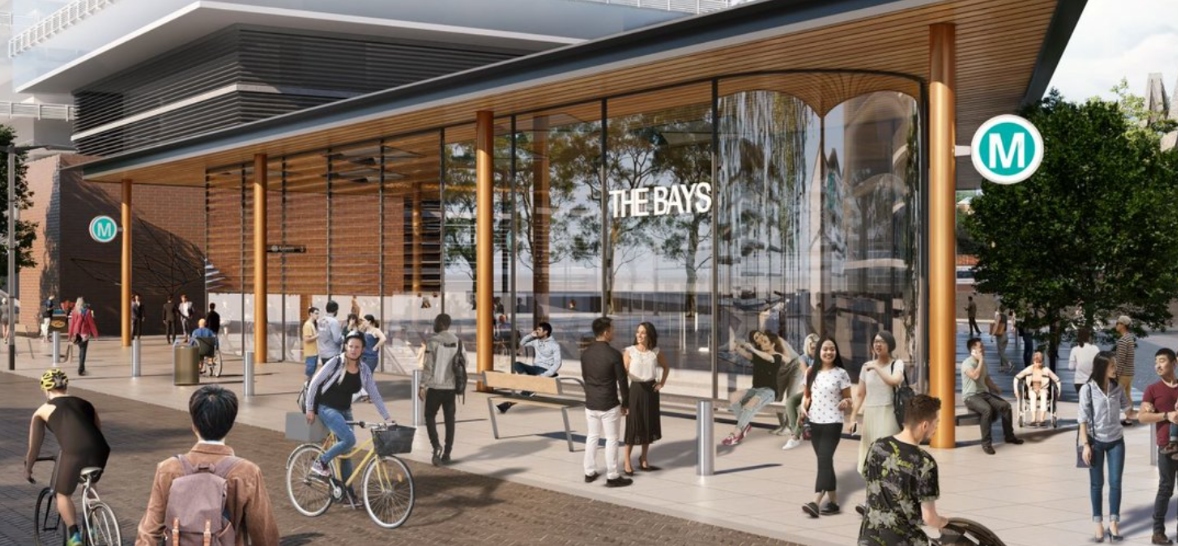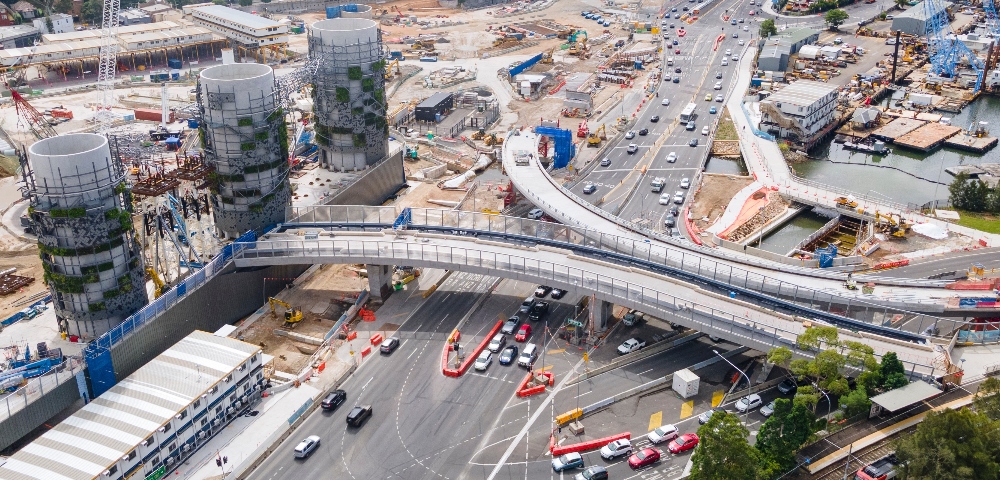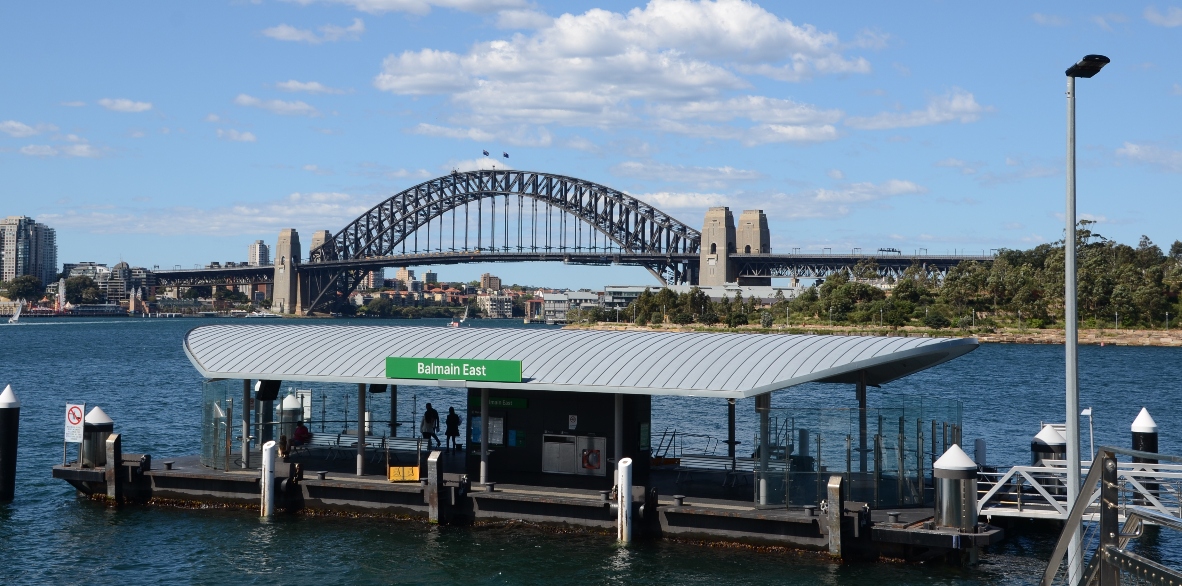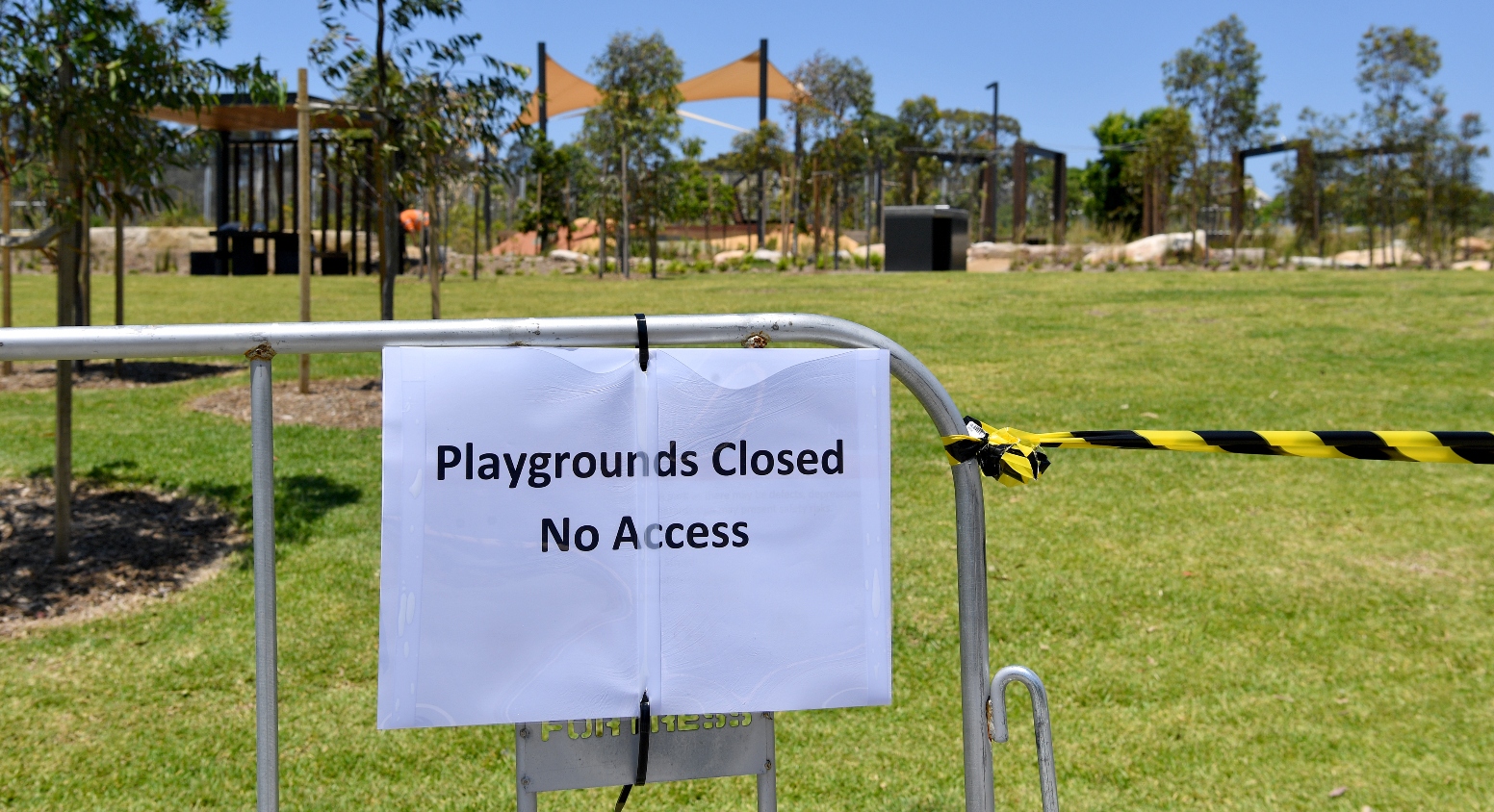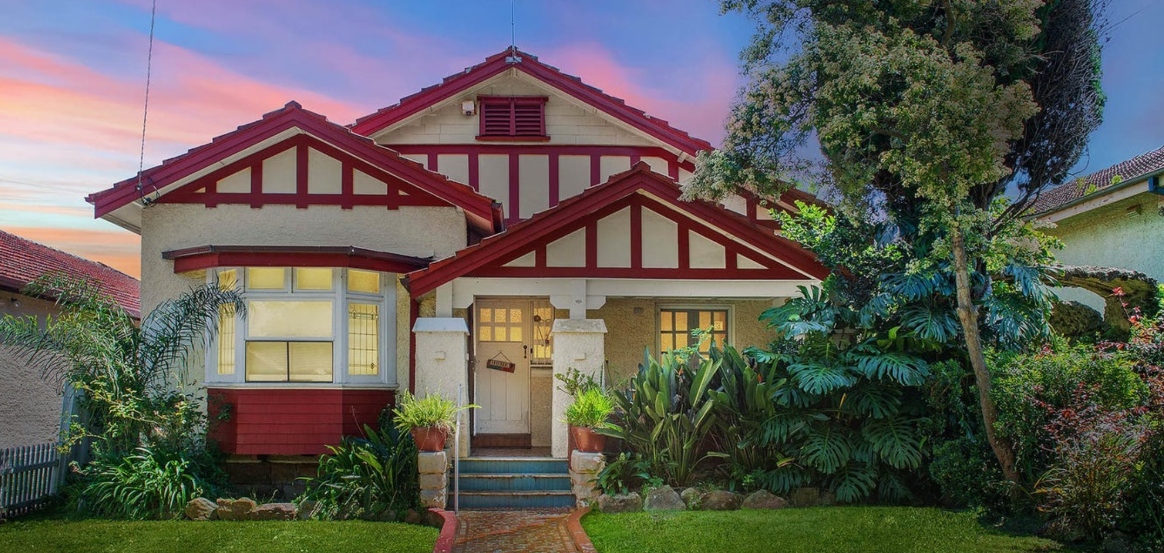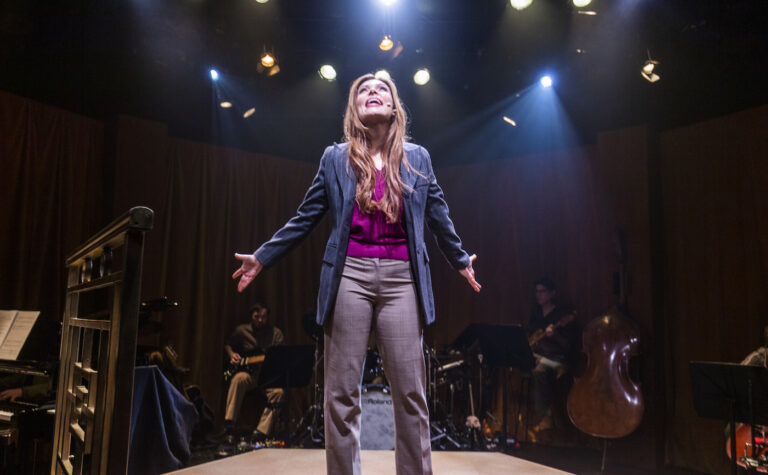
No Trouble Brewing

BY ALEC SMART
Even the most attentive local may be surprised to hear Sydney’s inner west has a lot of breweries.
There are at least 15 operating within a five kilometre radius of Marrickville, the beating heart of craft breweries, including Batch, Willie The Boatman, Sauce, Young Henrys, Wayward, Rocks, Hopsters, Grifter, Balmain, Staves, Akasha, James Squire, Wildflower, Frenchies and St Peters.
The enterprises are being helped by a NSW Government 12 month trial which commenced this month, allowing breweries to operate as small bars with up to 100 patrons.
Previously, they could only operate as bars if they had an on-premises license; otherwise they were limited to small tasting rooms with beer provided in tiny measures to enable a sample before purchase.
Inner West Council Mayor Darcy Byrne, who, along with the Inner West Brewery Association, lobbied the NSW Government for the trial said, “This new legislation will give us the tools we need to cement the Inner West as the craft beer capital of Australia”.
If the trial is successful, the scheme will be implemented across New South Wales from September next year.
“I want the inner west to be for craft beer what the Hunter Valley and the Barossa are to Australian wine,” Mayor Byrne enthused.
“Having our own tasting room with a bar is really the only way small independent breweries will survive,” said Patrick McInerney, founder and director of Willie The Boatman Brewery in St Peters.
“The tasting room is a vital part of our business.
“Obviously, the more product you sell over your own bar means the less you have to sell wholesale, so you can increase your profit and lower wholesale costs,” he said.
Mr McInerney said the scheme will benefit the community as “the locals get somewhere to hang out and meet their friends and we as a business get to reduce our emissions by not having our cars on the road so much, so it’s a win-win situation”.
“Breweries are the new community centres,” Mr McInerney declared.
“We come together, we raise money for schools or community members, we have our birthday drinks at breweries and we even have wakes at breweries.”
Andrew Fineran, founder of Batch Brewing Company in Marrickville, concurs.
“More and more people are visiting the inner west because there’s more to do, like visit some great breweries, so we’re experiencing an influx of people into the tasting room,” he said.
But with so breweries operating in a small area, are there now too many to be sustainable?
“We all sell wholesale as well,” explained Mr Fineran, “so on that side of the business it’s getting crowded.
“Having said all that though, yeah, 15 is a good number; if more come in it might start getting a bit crowded.
“There is a lot to be said for finding a community that can support a brewery and making that work!”
“Thankfully we live in the Inner West Bubble,” Mr McInerney added, “So at the moment there is enough business in the area to keep everyone afloat.
“However, I think what will lose is the ‘gypsy’ brewers – brewers who use other brewers’ equipment.
“These companies, generally run by a group of friends, have no real opportunity to sell their beer at retail prices and with the cost of brewing going up I think they will become less and less financial,” he said.
Ian Kingham, Director of the Institute of Beer and author of Australia and New Zealand Beer Buyer’s Guide disagrees the market is becoming crowded.
“What the new law has created is a precinct, and Marrickvile is the hub,” he explained, “Marrickville is lucky because it has plenty of alternate lifestylers, such as hipsters.
Mr Kingham said Surry Hills has a similar diverse population but the real estate prices are too prohibitive for breweries to operate, whereas Marrickville is full of run-down factories with cheaper rent which are the perfect property to set up breweries and bars.
“And because they’re in close walking distance, these ventures draw tourists in, keen to explore the different flavours,” Mr Kingham said.
“Originally you might go to Balmain on a pub crawl if you wanted to sample craft beers, but now restrictive laws inhibit that, so you do a brewery tour around Marrickville area instead.”
Although it may now seem we are spoilt for choice, it wasn’t always so.
Sydney was, for over a century, dominated by two mega-breweries, Tooth & Co and Tooheys.
The latter was bought by New Zealand-Japanese multinational Lion Nathan, but Tooths fared significantly worse.
Purchased by a corporate raider in 1981, the company had its assets stripped and its brewing interests sold to Victorian rivals Carlton & United Breweries, which closed and demolished the flagship Broadway brewery and relocated to Queensland.
The removal of the dominant player in the inner west opened the door for smaller ‘boutique’ breweries to flourish, such as Pumphouse in Darling Harbour and Hahn Brewery in Camperdown, the latter founded by Chuck Hahn, former production manager at Tooth.
Hahn Brewery, now known as Malt Shovel Brewery, is among the expanding group of small breweries in the Inner West.
It is best known for its James Squire range of beers, named after Australia’s first successful brewer and cultivator of hops (the primary ingredient of beer), a former convict who was transported from Britain on the First Fleet for theft.
Will the mega breweries return and muscle their way into craft brewing?
Patrick McInerney is anxious of their economic power.
“Our biggest threat is not licensing, it’s interstate and international brewers coming into Sydney and selling their beer at super low prices.”
Ian Kingham is skeptical, “In any market you have the leaders and followers, and what the leader can’t provide others create to fill niches.
“Big breweries attract more consumers to an area, which rubs off on the smaller premises,” he said.
“Big brewers can already leverage deals to sell their product in pubs and clubs, they won’t spend tens of thousands to steal business from small brewers.”
Mr Kingham said consumers are also aware and those like a certain flavor will ignore politics when it comes to their drinking choices.
People who prefer to spend a little extra for a more personal experience with a smaller brewer will do so.
“The biggest threat to a micro brewer is another micro brewer offering a better consumer experience,” said Mr Kingham.
Big brewers already prevail in the craft beer precinct.
James Squire is owned by multinational food and drinks giant Lion Nathan.
Young Henry’s in Newtown recently hosted punk rockers Foo Fighters and brewed a special beer in commemoration of the band. Setup funds for Rocks Brewery in Alexandria came from a family inheritance derived from several McDonalds’ restaurant franchises.
Yet they sit comfortably alongside small operations like Batch in Marrickville and Wayward in Camperdown, which this month won Beer Cartel’s NSW Favourite Craft Brewery Venue for the second year running.
Batch came second.
